Research Collections and Support
Libraries are increasingly leveraging the raw materials of scholarship and knowledge formation by emphasizing the creation and curation of institutional research assets and outputs, including digitized special collections, research data, and researcher profiles. Our work informs current thinking about research collections and the emerging services that libraries are offering to support contemporary modes of scholarship. We are encouraging the development of new ways for libraries to build and provide these types of collections and deliver distinctive services. Our efforts are focused in the following three areas:
Publications
-
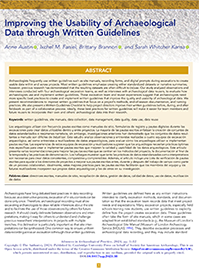
Improving the Usability of Archaeological Data through Written Guidelines
25 January 2024
Anne Austin, Ixchel M. Faniel, Brittany Brannon, and Sarah Whitcher Kansa
Our study analyzed observations and interviews conducted with four archaeological excavation teams, as well as interviews with archaeological data reusers, to evaluate how archaeologists use and implement written guidelines.
-
Using collective curation to pay data forward in the life cycle
11 June 2021
Ixchel M. Faniel
Drawing from a study of archaeological excavation teams, four collective curation opportunities are proposed to identify and resolve differences in data and documentation practices that arise in team-based research. To create more integrated, well-documented data, the opportunities attend to integrating people rather than technology. The actions people take as data move through the life cycle become the focal point of change.
-
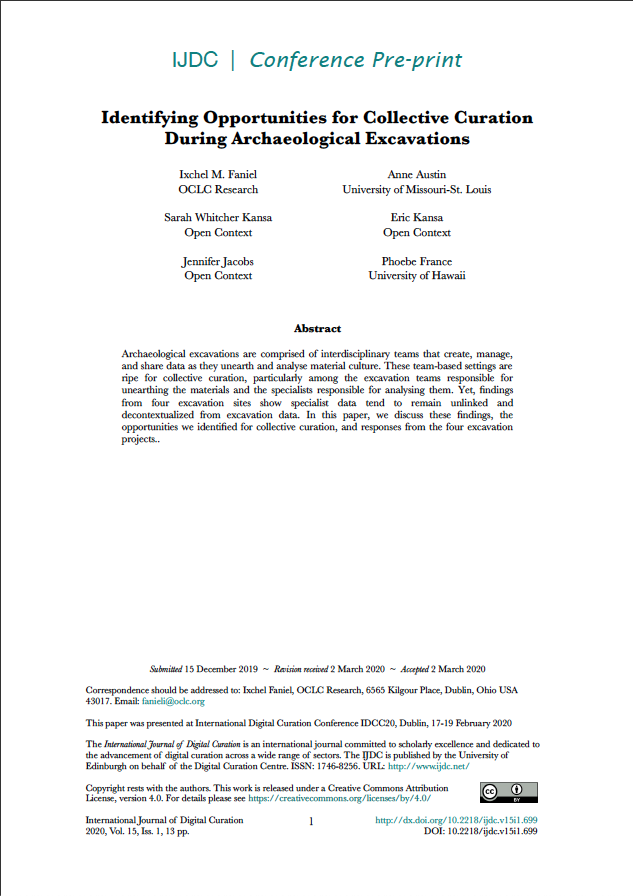
Identifying Opportunities for Collective Curation during Archaeological Excavations
6 August 2020
Ixchel Faniel, Anne Austin, Sarah Whitcher Kansa, Eric Kansa, Jennifer Jacobs, Phoebe France
Archaeological excavations are comprised of interdisciplinary teams that create, manage, and share data as they unearth and analyse material culture. These team-based settings are ripe for collective curation during these data lifecycle stages. However, findings from four excavation sites show that the data interdisciplinary teams create are not well integrated. Knowing this, we recommended opportunities for collective curation to improve use and reuse of the data within and outside of the team.
-
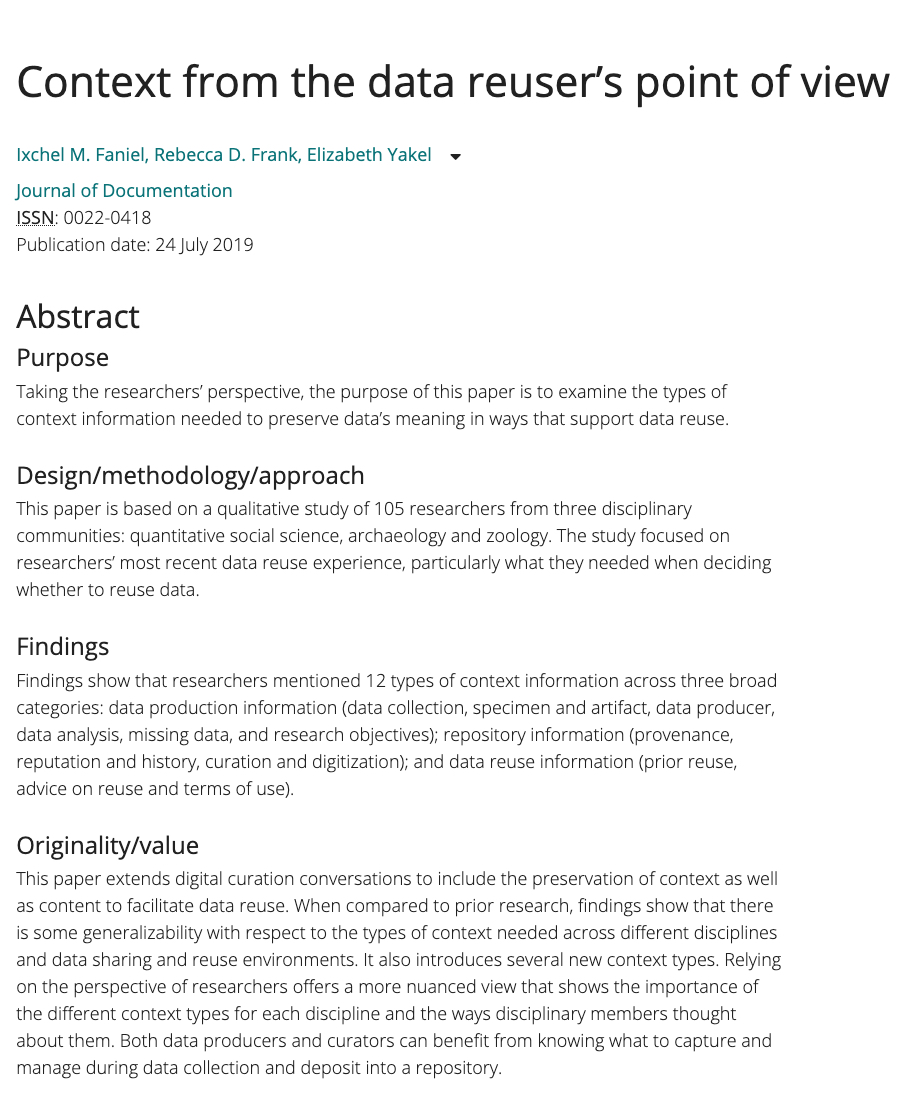
Context from the Data Reuser’s Point of View
26 September 2019
Ixchel M. Faniel, Rebecca D. Frank, Elizabeth Yakel
Context is critical for data reuse, and digital curation should include both context and content preservation. Both data producers and curators benefit from expanding context categories to better determine what information is vital to capture and manage during data collection to support data reuse.
-
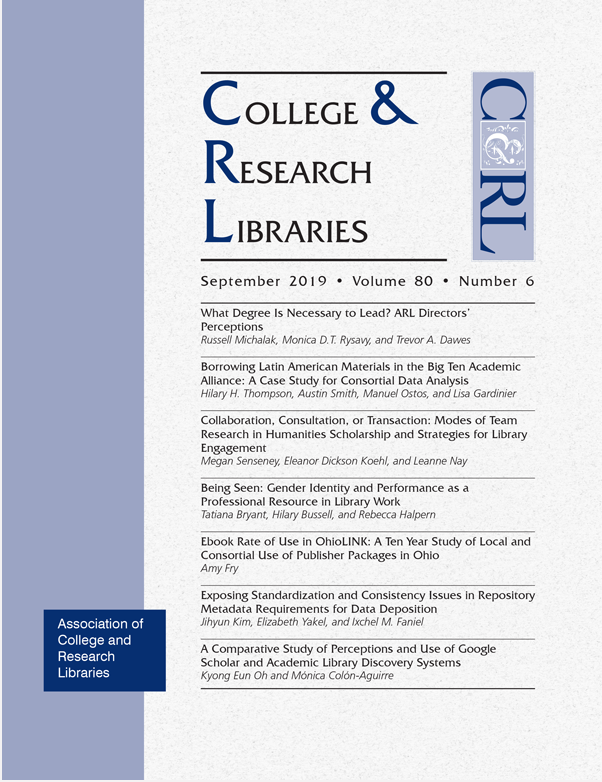
Exposing Standardization and Consistency Issues in Repository Metadata Requirements for Data Deposition
1 September 2019
Jihyun Kim, Elizabeth Yakel, Ixchel M. Faniel
In this article in College & Research Libraries Journal, the authors examine common and unique metadata requirements and their levels of description, determined by the data deposit forms of 20 repositories in three disciplines—archaeology, quantitative social science, and zoology.
-
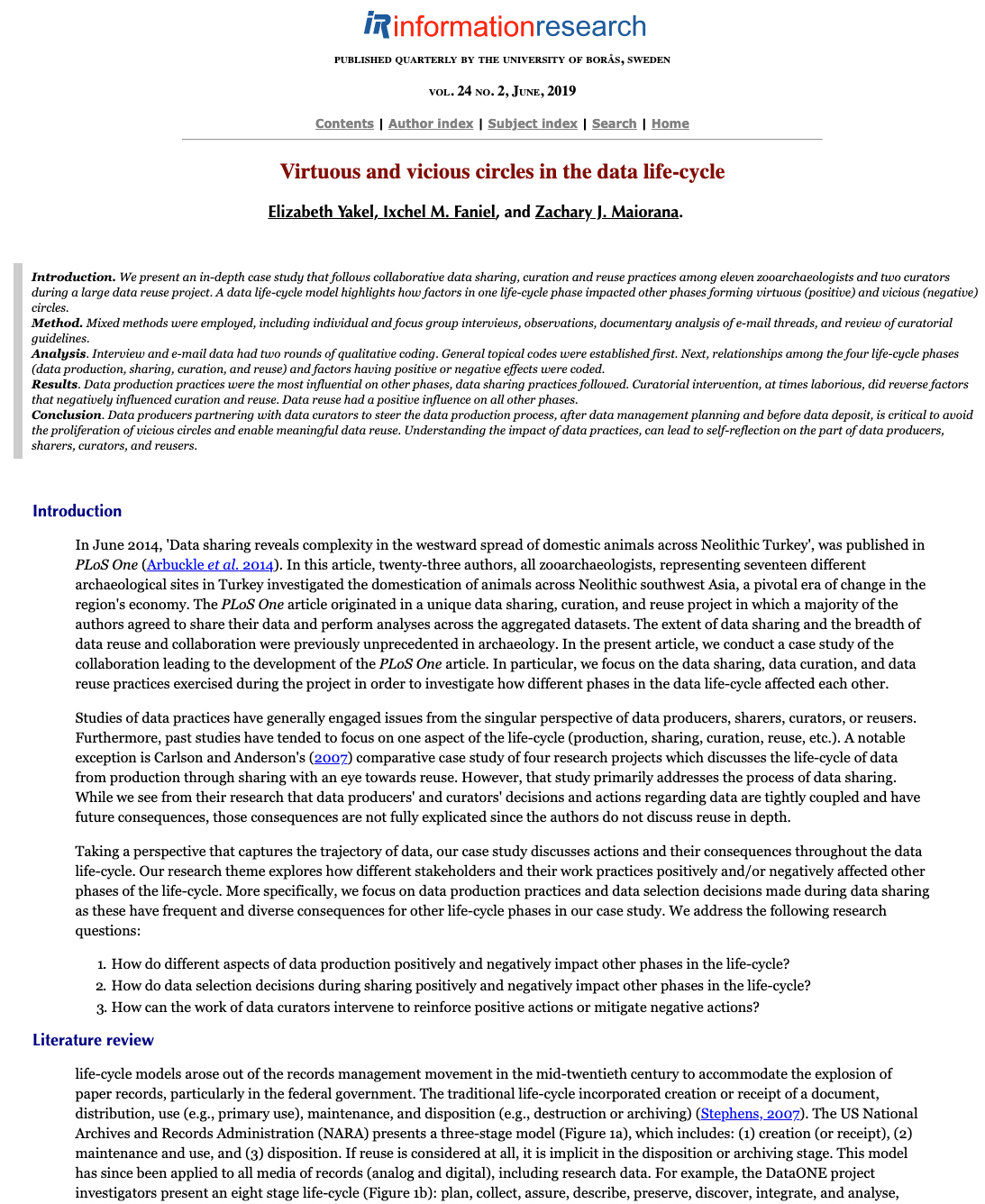
Virtuous and Vicious Circles in the Data Life-cycle
2 June 2019
Elizabeth Yakel, Ixchel M. Faniel, Zachary J. Maiorana
A data life cycle model illustrates how factors in one data life cycle phase impacts other phases, forming virtuous (positive) and vicious (negative) circles. This method comprehensively studies how data producers, sharers, curators, and reusers can better collaborate across data life cycle phases.
-
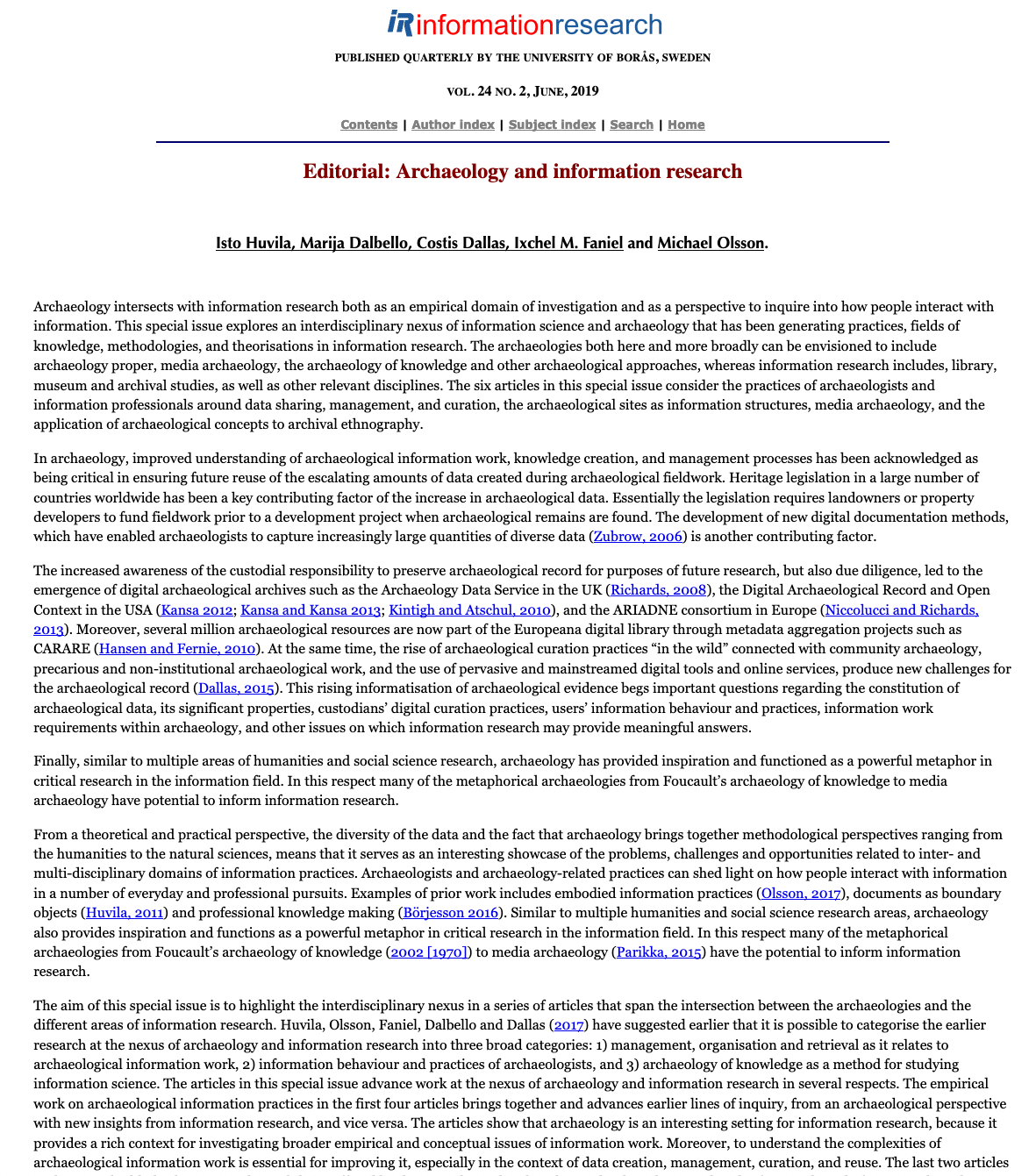
Editorial: Archaeology and Information Research
1 June 2019
Isto Huvila, Marija Dalbello, Costis Dallas, Ixchel M. Faniel, Michael Olsson
This editorial provides an overview of an issue of Information Research that studies the interdisciplinary nexus of archaeology and information research. This includes shared methods of data sharing, management, and curation; archaeological sites as information structures; media archaeology; and archaeological concepts in archival ethnography.
-
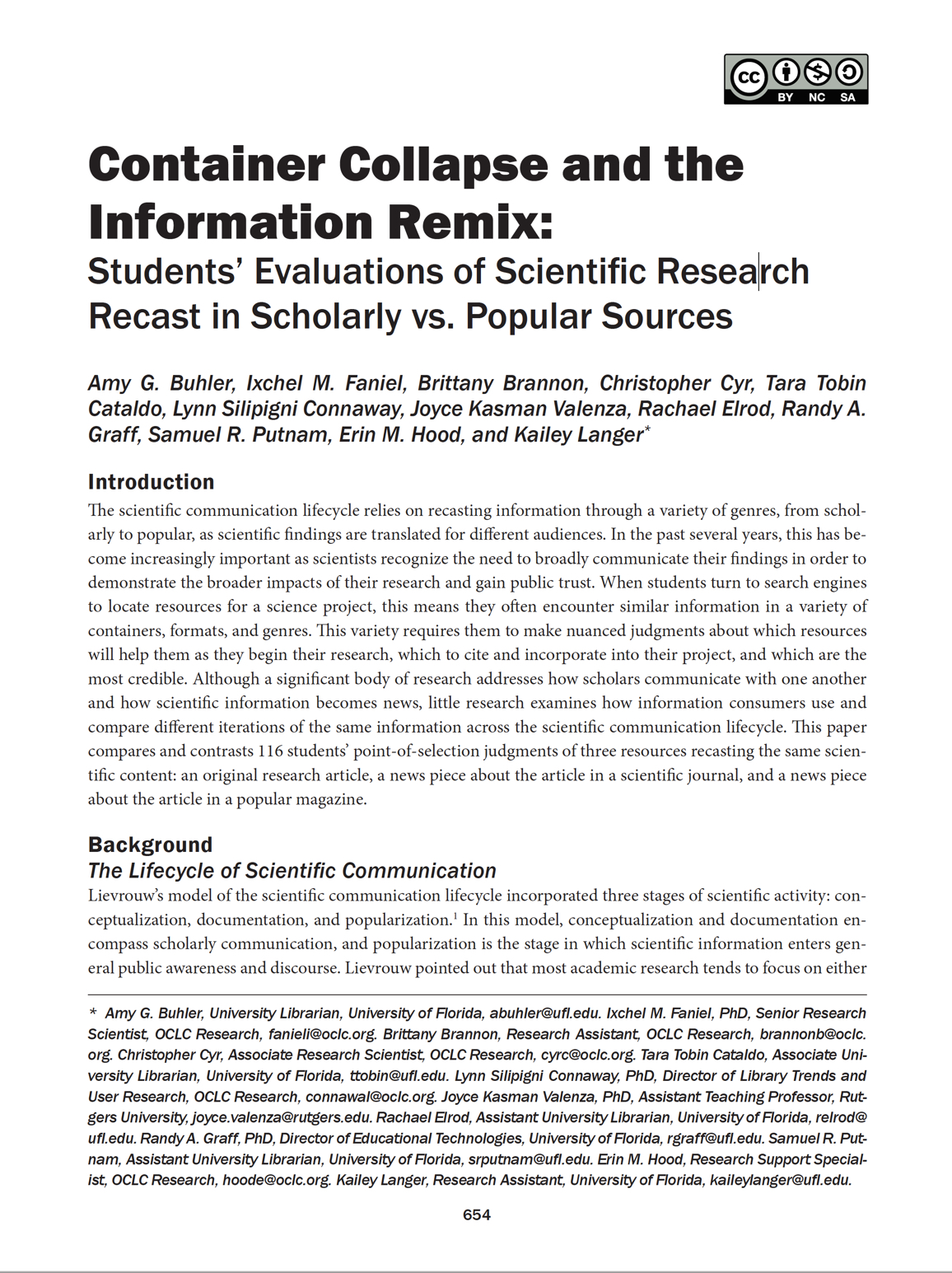
Container Collapse and the Information Remix: Students’ Evaluations of Scientific Research Recast in Scholarly vs. Popular Sources
10 April 2019
Amy G. Buhler, Ixchel M. Faniel, Brittany Brannon, Christopher Cyr, Tara Tobin Cataldo, Lynn Silipigni Connaway, Joyce Kasman Valenza, Rachael Elrod, Randy A. Graff, Samuel R. Putnam, Erin M. Hood, Kailey Langer
A scientific communication life cycle publishes results in a variety of containers, formats, and genres to reach diverse audiences. This paper examines 116 students’ selection of scholarly and popular scientific content to compare how consumers use resources across the communication life cycle.
-
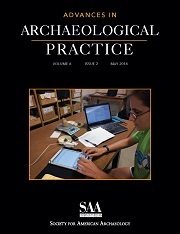
Beyond the Archive: Bridging Data Creation and Reuse in Archaeology
3 May 2018
Ixchel Faniel, Anne Austin, Eric Kansa, Sarah Whitcher Kansa, Phoebe France, Jennifer Jacobs, Ran Boytner, and Elizabeth Yakel
The Secret Life of Data (SLO-data) project traces the lifecycle of data in archaeology to make recommendations to improve data management and better align data creation and reuse. It proposes a “slow data” approach to emphasize curation, contextualization, and communication to streamline data collection for reuse.
-
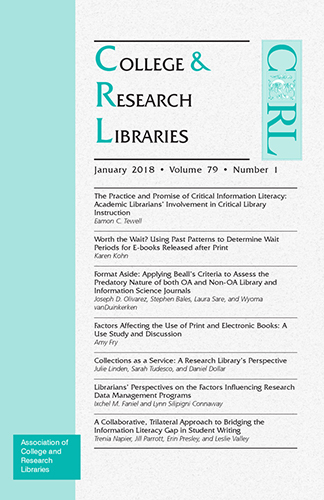
Librarians' Perspectives on the Factors Influencing Research Data Management Programs
9 January 2018
Ixchel Faniel, Lynn Silipigni Connaway
This study contextualizes librarians’ roles in campus research data management (RDM) programs at US academic libraries through their RDM experiences supporting research needs. Interviews with academic librarians surfaced five factors of influence that facilitate or constrain academic library RDM activity.
